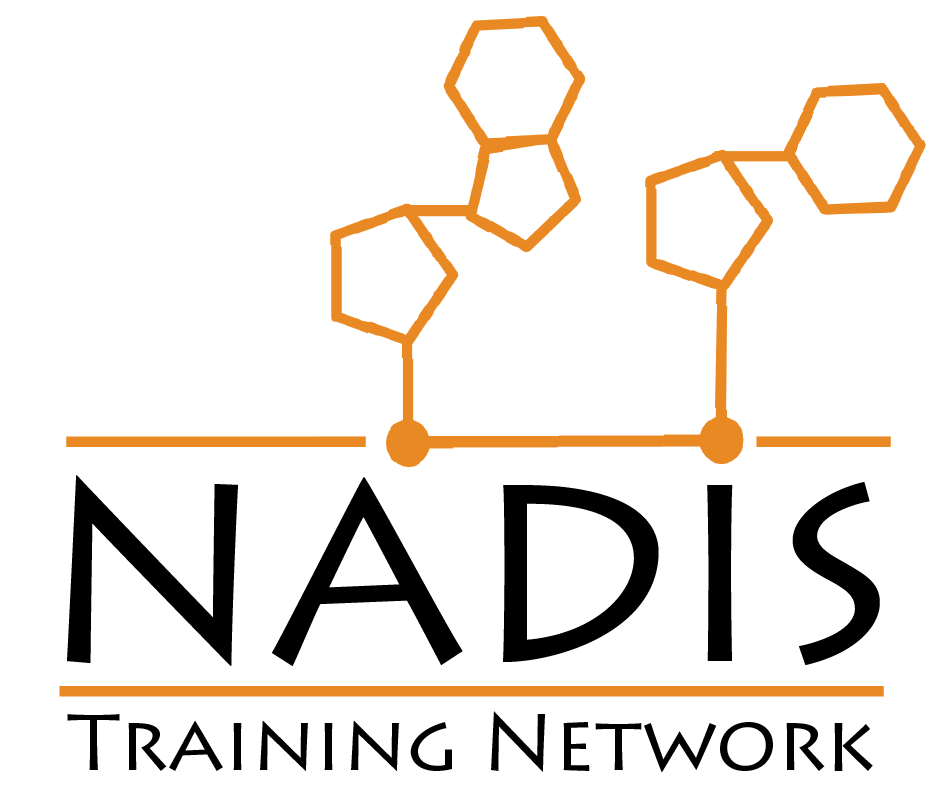With all the hype around NAD⁺ boosting, with nicotinamide mononucleotide (NMN) and nicotinamide riboside (NR) gaining more and more popularity in webshops, you might be wondering if you should be taking some of these NAD⁺ precursors yourself to be aging healthy. One way to help you decide is to hear if top scientists in the NAD⁺ field are taking any of these too — at least, top scientists who don’t own shares of companies that sell NAD⁺ precursors.
We were just at a kickoff meeting of the NAD⁺ International Student (NADIS) Training Network, an EU-funded consortium training ten PhD candidates in some of the top labs across Europe researching NAD⁺, aging, and NAD-related disease. With these scientists, clinical trials with NAD⁺ precursors, assessing NAD⁺ levels in aging and disease, and development of therapeutics to boost NAD⁺ levels are daily work.
In this intimate setting spread over five-days in the beautiful port city of Genova, Italy, we were able to ask eight senior scientists and group leaders of the consortium whether they currently take NAD⁺ precursors. The results:

The majority of NAD⁺ scientists were not currently taking an NAD⁺ precursor. Several in the ‘No’ group did mention trying at least once in the past but not for a long duration and mainly out of curiosity (i.e. not with the intention to actually slow their aging). The group that said ‘Yes’ used NR and the decision for this was to match their own clinical trial. When asking the group that said ‘No’ why they don’t currently take an NAD⁺ precursor, answers included (paraphrasing) “there is no conclusive evidence that it will benefit aging health in humans,” “it’s too expensive considering the research is so early,” “I don’t have an NAD⁺ deficiency so don’t need it,” and “a healthy diet will far outweigh an NAD⁺ precursor.”
With that, we hope the personal choices of some of the top NAD⁺ scientists in the field can help inform you for your own decision on whether NAD⁺ precursors are right for you.
